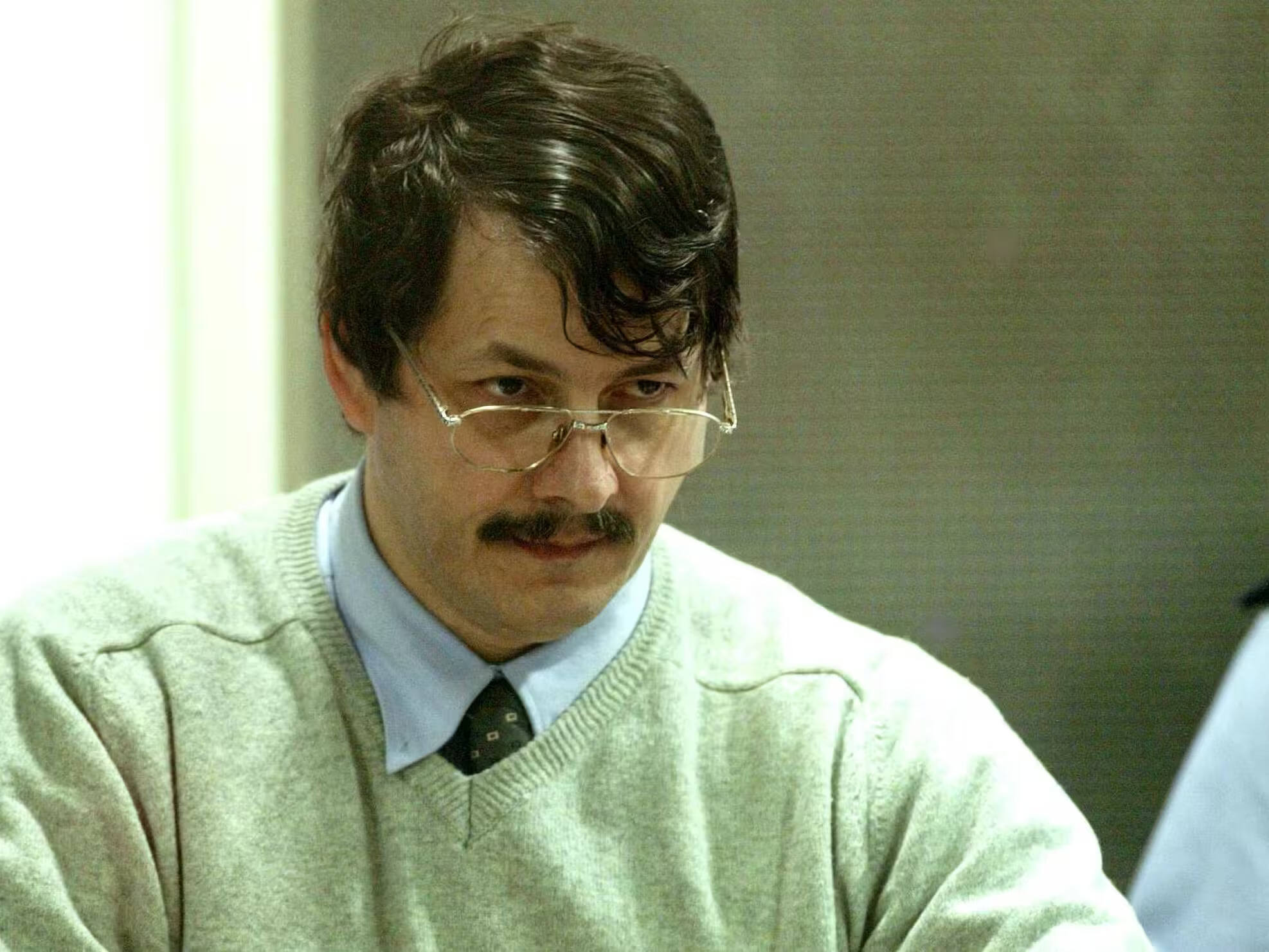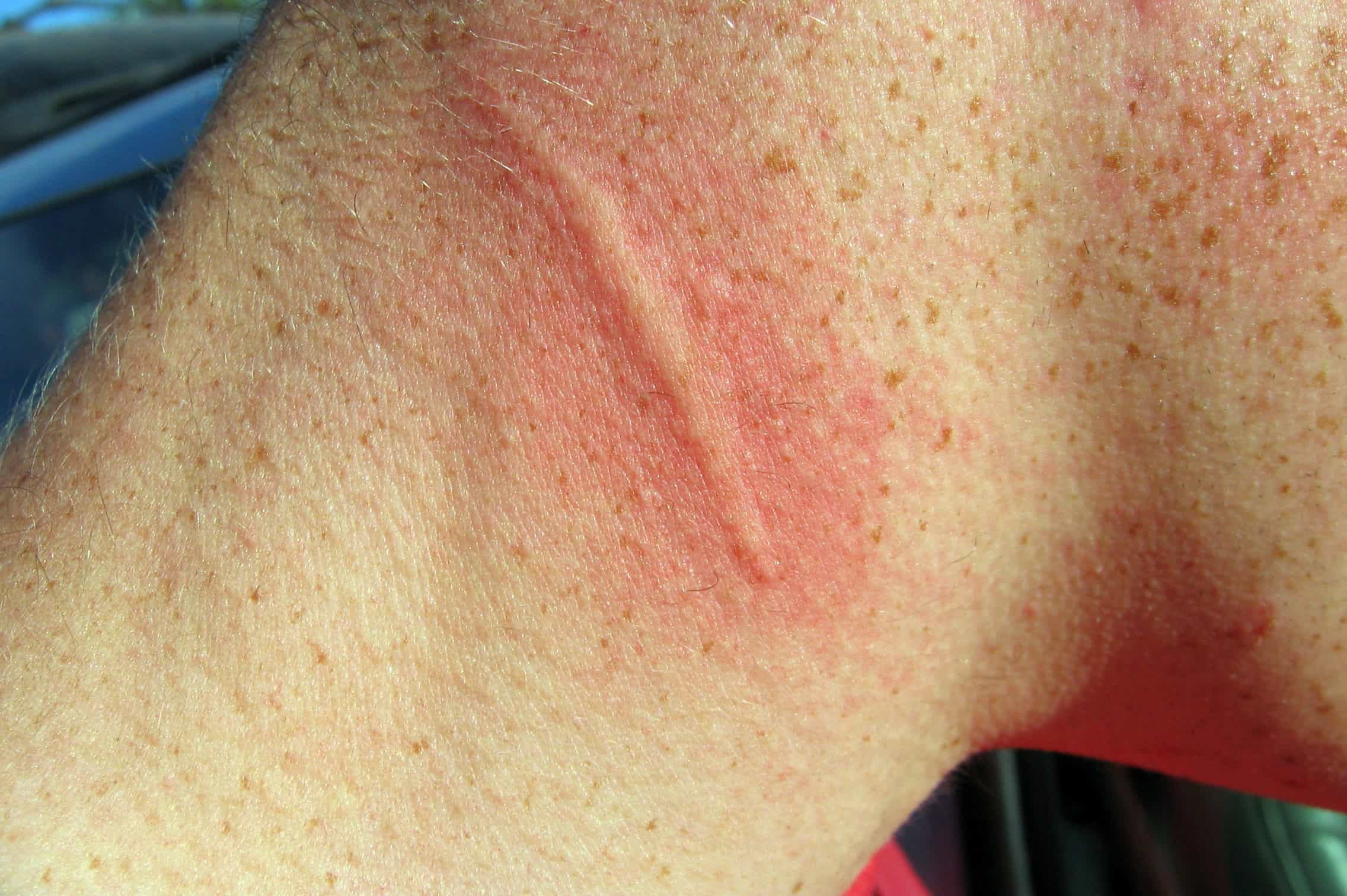
Marc Dutroux, a name that sends shivers down the spine, is one of the most notorious criminals in Belgian history. Who is Marc Dutroux? He is a convicted serial killer, kidnapper, and child molester. His heinous acts in the 1990s shocked the world and led to widespread outrage and reforms in Belgium's justice system. Dutroux's crimes involved the abduction and abuse of young girls, some of whom tragically lost their lives. The case exposed severe flaws in law enforcement and judicial procedures, sparking massive protests. This article delves into 40 chilling facts about Marc Dutroux, shedding light on his life, crimes, and the aftermath.
Key Takeaways:
- Marc Dutroux's troubled childhood and early criminal activities set the stage for his heinous crimes, highlighting the importance of early intervention and support for at-risk youth.
- The case of Marc Dutroux led to significant legal reforms, increased awareness about child abuse, and the establishment of organizations to protect vulnerable children, emphasizing the power of societal response to prevent future tragedies.
Early Life and Background
Marc Dutroux, a name that sends chills down many spines, has a history that is as dark as it is complex. Understanding his early life provides context to his later actions.
- Born in 1956: Marc Dutroux was born on November 6, 1956, in Ixelles, Belgium.
- Troubled Childhood: His childhood was marked by instability, with his parents frequently moving and eventually divorcing.
- Early Criminal Activity: Dutroux began engaging in petty crimes during his teenage years, including theft and vandalism.
- Electrician by Trade: Before his criminal activities escalated, he worked as an electrician.
Criminal Activities
Dutroux's criminal activities spanned decades and were marked by increasing severity and brutality.
- First Arrest in 1985: Dutroux was first arrested in 1985 for kidnapping and raping five young girls.
- Sentenced to 13.5 Years: In 1989, he was sentenced to 13.5 years in prison but was released after serving just three years.
- Continued Crimes: After his release, he continued to commit heinous crimes, including the abduction and murder of young girls.
- Accomplices: His wife, Michelle Martin, and several other individuals were complicit in his crimes.
The 1996 Arrest
The arrest of Marc Dutroux in 1996 was a pivotal moment in Belgian history, leading to widespread outrage and significant legal reforms.
- Arrested in August 1996: Dutroux was arrested on August 13, 1996, after two girls were found alive in his basement.
- Discovery of Bodies: The bodies of four other girls were discovered buried in his properties.
- Public Outcry: His arrest led to massive public protests and a national outcry over the handling of the case by authorities.
- White March: Over 300,000 people participated in the "White March" in Brussels, demanding justice and reforms.
Trial and Conviction
The trial of Marc Dutroux was one of the most high-profile cases in Belgian history, drawing international attention.
- Trial Began in 2004: His trial began on March 1, 2004, nearly eight years after his arrest.
- Convicted in June 2004: Dutroux was convicted on June 17, 2004, of multiple charges, including murder, kidnapping, and rape.
- Life Sentence: He was sentenced to life imprisonment without the possibility of parole.
- Michelle Martin's Sentence: His wife, Michelle Martin, was sentenced to 30 years in prison but was released on parole in 2012.
Impact on Belgian Society
The case had a profound impact on Belgian society, leading to significant changes in the legal and political landscape.
- Judicial Reforms: The case prompted major judicial reforms, including changes in the handling of missing children cases.
- Creation of Child Focus: The non-profit organization Child Focus was established to help find missing children and support victims of sexual abuse.
- Increased Awareness: The case raised awareness about child abuse and the importance of protecting vulnerable children.
- Political Fallout: Several high-ranking officials resigned due to the mishandling of the case.
Psychological Profile
Understanding Dutroux's psychological profile helps to shed light on his motivations and the nature of his crimes.
- Diagnosed Psychopath: Experts diagnosed Dutroux as a psychopath with a high risk of reoffending.
- Manipulative Behavior: He was known for his manipulative and deceitful behavior, often charming those around him.
- Lack of Remorse: Dutroux showed little to no remorse for his actions, further highlighting his psychopathic tendencies.
- Sadistic Tendencies: His crimes were marked by extreme cruelty and sadism, causing immense suffering to his victims.
The Victims
The victims of Marc Dutroux's crimes were young girls, whose lives were tragically cut short or forever altered.
- Julie Lejeune and Melissa Russo: Two eight-year-old girls who were kidnapped and later found dead.
- An Marchal and Eefje Lambrecks: Two teenage girls who were also kidnapped and murdered by Dutroux.
- Sabine Dardenne and Laetitia Delhez: The two girls found alive in his basement, leading to his arrest.
- Impact on Families: The families of the victims have been deeply affected, with many becoming advocates for child protection.
Controversies and Conspiracies
The case of Marc Dutroux is shrouded in controversies and conspiracy theories, adding to its complexity.
- Allegations of a Network: There were allegations that Dutroux was part of a larger pedophile network, though these claims were never proven.
- Police Incompetence: The case was marred by accusations of police incompetence and corruption.
- Missing Evidence: Key pieces of evidence went missing during the investigation, fueling conspiracy theories.
- Political Connections: Some believed Dutroux had connections to high-ranking officials, though this was never substantiated.
Legacy
The legacy of Marc Dutroux's crimes continues to be felt in Belgium and beyond, serving as a grim reminder of the importance of vigilance and justice.
- Documentaries and Books: Numerous documentaries and books have been produced about the case, keeping it in the public eye.
- Ongoing Reforms: The case continues to influence legal reforms and policies related to child protection.
- Memorials for Victims: Memorials and tributes have been established to honor the victims and their families.
- Public Awareness Campaigns: Efforts to raise awareness about child abuse and exploitation have been bolstered by the case.
Personal Life in Prison
Marc Dutroux's life in prison has been marked by several notable incidents and ongoing controversies.
- Multiple Escape Attempts: Dutroux has made several escape attempts, all of which were thwarted.
- Isolation: He is kept in isolation due to the nature of his crimes and the risk he poses to other inmates.
- Legal Appeals: Dutroux has filed numerous legal appeals, all of which have been denied.
- Continued Infamy: Even in prison, Dutroux remains a figure of infamy, with his name synonymous with evil in Belgium.
Final Thoughts on Marc Dutroux
Marc Dutroux's case remains one of the most chilling in criminal history. His heinous acts shocked Belgium and the world, leading to widespread outrage and significant changes in the country's legal system. The investigation revealed deep flaws in law enforcement and judicial processes, prompting reforms aimed at preventing such failures in the future. Dutroux's crimes also highlighted the importance of vigilance and the need for robust child protection measures. While justice was eventually served, the scars left by his actions continue to haunt many. Understanding the facts about Marc Dutroux not only sheds light on his crimes but also underscores the ongoing need for vigilance in protecting vulnerable individuals. By learning from this dark chapter, society can strive to ensure that such atrocities never happen again.
Frequently Asked Questions
Was this page helpful?
Our commitment to delivering trustworthy and engaging content is at the heart of what we do. Each fact on our site is contributed by real users like you, bringing a wealth of diverse insights and information. To ensure the highest standards of accuracy and reliability, our dedicated editors meticulously review each submission. This process guarantees that the facts we share are not only fascinating but also credible. Trust in our commitment to quality and authenticity as you explore and learn with us.


